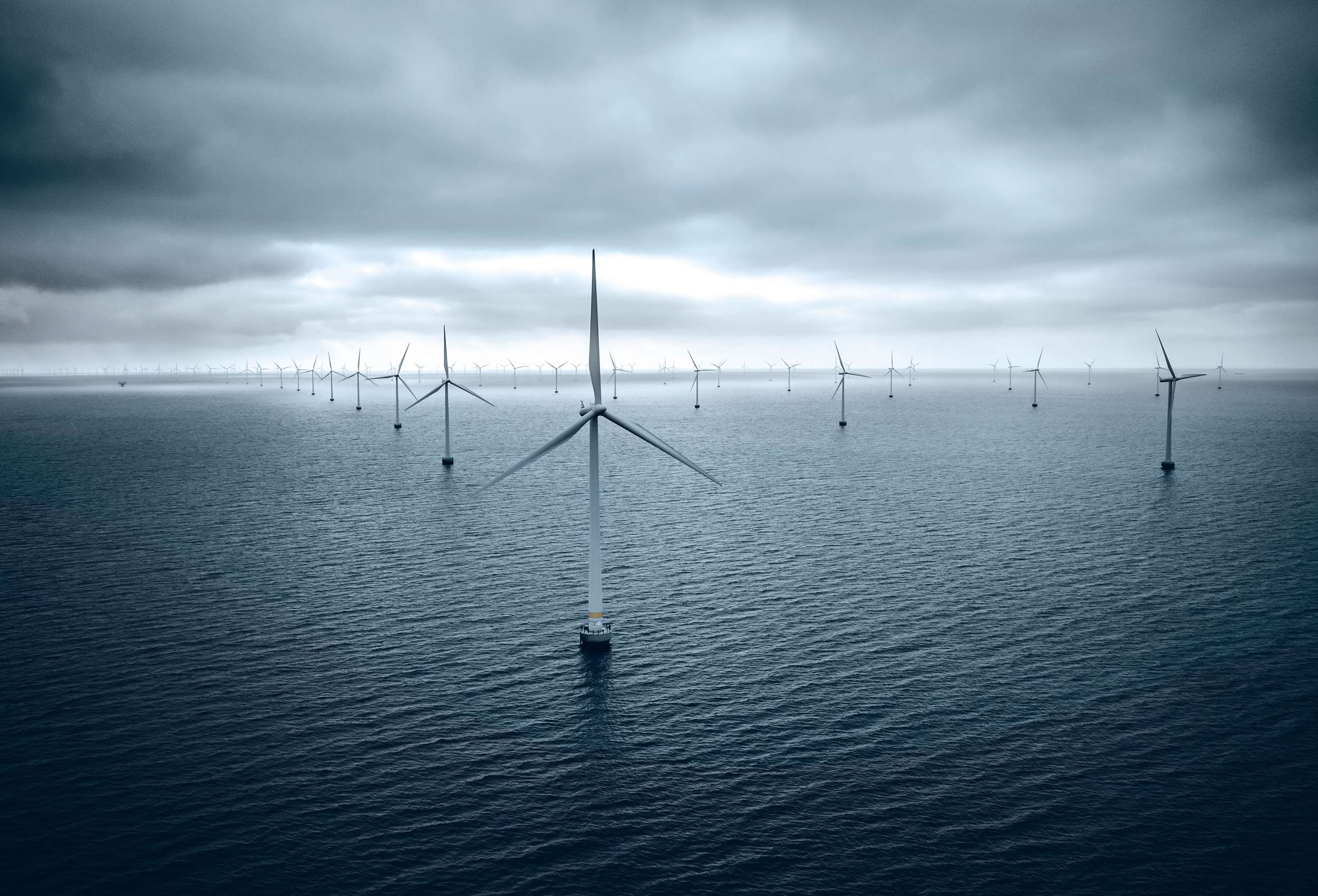With offshore wind projects in the US facing logistical challenges due to the Jones Act, William Cline and Nicklas Berg, Senior Fuel Suppliers and Team Leaders at Dan-Bunkering, explain how the company is addressing these hurdles, streamlining operations and enhancing cost-effectiveness. From mitigating regulatory obstacles to optimizing fuel management and reducing CO2 emissions, a comprehensive approach offers flexibility and customization for diverse project needs in the evolving offshore landscape.
PES: It’s lovely to speak to you William and Nicklas. Firstly, perhaps it would be helpful to run through some of the current challenges faced by offshore installation vessels operating in the US due to the Jones Act.
William Cline: The Jones Act is designed to protect American coastwise shipping. It currently prevents vessels from calling from one US port to another without heading to a ‘distant foreign port’. With the near-shore nature of the offshore wind industry this of course makes for a difficult logistics environment to work in.
PES: How does Fuel Run supply potentially alleviate these challenges for installation vessels?
WC: Despite not being able to re-enter the US ports, WIVs (Wind Installation Vessels) still require certain logistics items to function: crew changes, food stores, parts and equipment, turbines, and blades, and of course Fuel. By offering an In-Field fuel service to the WIV, Dan-Bunkering is able to remove a major hurdle to operations; the vessel will not need to depart for a foreign port just for a bunker call.























